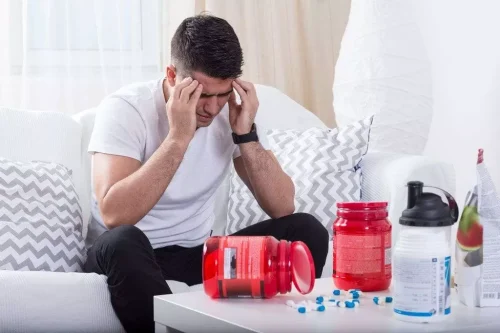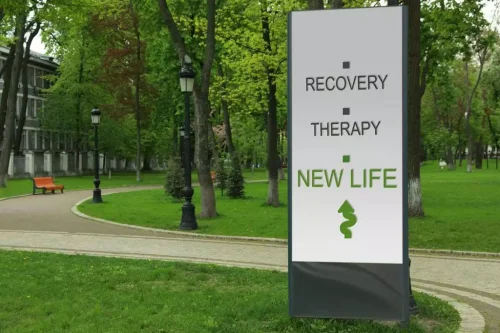Alcohol poisoning: Symptoms, treatment, and causes
Drinking alcohol, specifically within 4 hours before you go to bed, may help you fall asleep quicker but ultimately reduce your REM sleep and will potentially wake you up later. Timing your cocktails or swapping out your drink for a mocktail is a great way to ensure you’ll sleep soundly through the night. On the surface, alcohol’s sedative effects can feel like they would ease the symptoms of insomnia and help you fall asleep. Given the likelihood of REM sleep disruptions and frequent waking, it’s not recommended that anyone use alcohol to treat their insomnia symptoms. “Alcohol never improves sleep,” says Dr. John Mendelson, founder of Ria Health and a clinical professor of medicine at the University of California, San Francisco.
Risk Factors for Alcohol Poisoning
The higher your BAC, the greater is the depressant effect on these functions. Alcohol poisoning symptoms are the result of a warning sign or symptom of alcohol poisoning is these depressant effects. Ethanol also increases levels of adenosine, an inhibitory neurotransmitter that promotes sleep.
- We mentioned that alcohol is a central nervous system depressant.
- Having too much alcohol in your blood stops your body working properly and can be life-threatening.
- You might even feel relaxed enough that falling asleep seems easier, but those sweet dreams don’t last.
- If you have other health conditions, such as diabetes, you may be at greater risk for having an alcohol overdose.
- Someone with alcohol poisoning will be breathing slowly or irregularly, have cold skin, be vomiting a lot, and perhaps have a seizure or lose consciousness.
Alcohol poisoning is an emergency
You don’t need to have all of the symptoms listed above to have an alcohol overdose. If someone’s breathing has slowed to less than eight breaths per minute — or if they can’t be woken up — call 911. Young adults are more likely to drink excessively, leading to an alcohol overdose.

Other Sleep Guides
All condition, treatment and wellness content is medically reviewed by at least one medical professional ensuring the most accurate information possible. Alcohol poisoning is the presence of so much alcohol in the blood that it alters the function of the brain and other organs. Signs and symptoms include confusion, slow breathing, a loss of consciousness, and vomiting. Alcohol poisoning is a medical emergency that requires immediate medical attention. There is nothing that you can do to counteract alcohol’s toxic effects or speed up its elimination from the body. Alcohol intoxication occurs when a person drinks an excess of alcohol in a short period.

If you or a friend are drinking, pay attention to how much you consume and how quickly. If a friend appears to be drinking too much https://ecosoberhouse.com/article/alcohol-vs-drugs-comparison-of-addictions/ too fast, try to intervene and limit how much more they have. A person can consume a fatal dose of alcohol before passing out.
- If you think someone has alcohol poisoning, get them medical help as soon as possible.
- Always marinate food in the refrigerator, no matter what kind of marinade you’re using.
- A difference in a gene that affects the way the body breaks down alcohol may make some people flush, sweat or become ill after drinking even a small amount of alcohol.
- Have you ever experienced food poisoning when none of your dining mates got sick from the same meal?
An alcohol binge can occur over hours or last up to several days. Excessive drinking,including binge drinking, is a significant preventable cause of death in theUnited States. Alcohol poisoning, as the name suggests, is caused by an extreme excess of alcohol in your body’s bloodstream. As you consume alcohol, it enters the bloodstream, which causes your blood alcohol content (BAC) to rise. Normally, your liver begins to break down alcohol to help remove it from the body, as it is a toxin. However, with continued alcohol consumption, your liver begins to fall behind, and eventually is unable to keep up.
What is considered 1 drink?
A healthcare provider may also suggest that individuals seek treatment for alcohol use or talk to a mental health professional. An individual may want to seek treatment for alcohol use or another mental health condition such as depression or anxiety. This article discusses the causes and symptoms of alcohol poisoning.

Risk factors
In doing so, it speeds the replacement of carbon monoxide with oxygen in your blood. Excessive amounts of other drugs may damage various organ systems (such as the kidneys) or suppress functions such as breathing or blood circulation. Drug poisoning (or drug overdose) is the most common type of poisoning in adults. If you suspect someone is experiencing an alcohol overdose, you should call 911 immediately.
